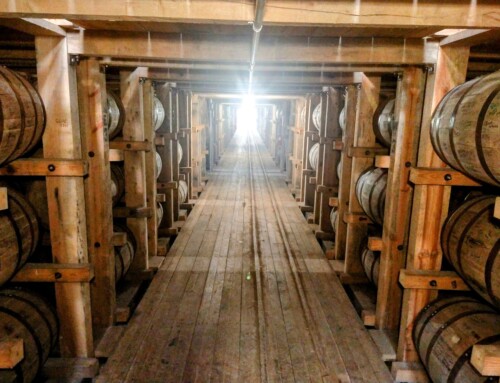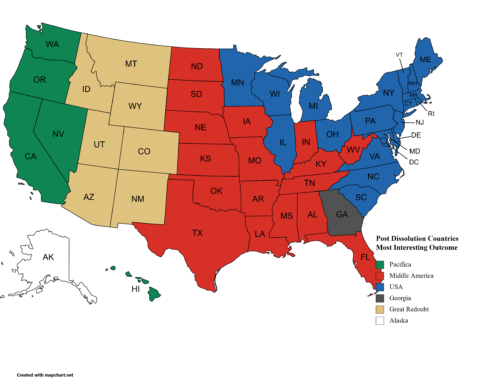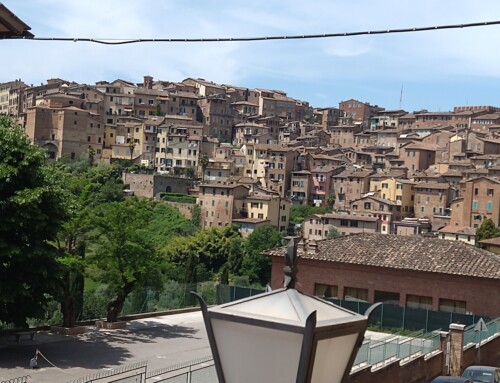The Economist highlights today’s anniversary 40 years ago of Queen’s Bohemian Rhapsody hitting #1 on the British pop charts with an article about the iconic song and the level of artistry that went into it. But this article was more than just a commemoration of a great song that nearly everyone, no matter your generation, knows.
As a business decision, Queen held the line when EMI strongly recommended that they cut the song to the 3-4 minute range to fit what radio DJs were comfortable playing. After producing three albums (two were Top 10) and touring the world to support them, far from being wealthy rockers, the band actually owed their label money. So when EMI told them to cut the song, you would think that they would have taken the recommendation to get as much air time as possible.
But they stuck to planning principles that any good strategist and consultant would recommend: they had an objective (release an operatic rock single that showcased the band’s scope and ability), they trusted their product (when he heard the song, Elton John asked “Are you fu#*ing mad?”), they were fighting for their survival (rather than slowly bleeding with the same tactics every day until you go bankrupt), they knew their customers (after the song was played first on the radio, people lined up to buy the single at record stores before the song had even been released), and they showed their excellence (more than 180 tracks for just the guitar work; they nearly wore out the tapes by recording laydowns). Brian May said “we wanted A Night at the Opera to be our Sgt Pepper“. Even the logo on the album was done with a vision for advertising and branding — Freddie Mercury said “We look upon it as a campaign, a project.”
Bohemian Rhapsody hit #1 on the charts for 9 weeks in 1975 and then again for 4 weeks in 1991 (after the release of Wayne’s World). And it wasn’t the only song on the album. You Are My Best Friend is a hit most people know and is played at a lot of weddings, and anyone playing the ukulele knows Good Company. Rhapsody was named Song of the Millennium and Guinness Book of World Records Number One Song of All Time.
So what does this mean for business? Queen struggled for three long years before they broke through in 1975, and when they did hit it big, they didn’t sit back and roll in the adulation. They worked harder and harder on every subsequent album to stay on top of their game. They invested in capital to keep their product excellent (they built their own studio in Switzerland) and they worked the media to stay in the public’s mind. when the music world thought Queen was washed up (putting them on late in the day), they stole the show at Live Aid and put themselves back atop the music world, but only after working tirelessly on their act to get the most music down to the minute of time they were given. They employed strategy just as any sound business making durable goods employs today. And who can argue that Bohemian Rhapsody is not a durable good?
(In addition to the Economist article, if you’re interested in further reading, you might peruse Mark Blake’s, Is This The Real Life?)





Leave A Comment